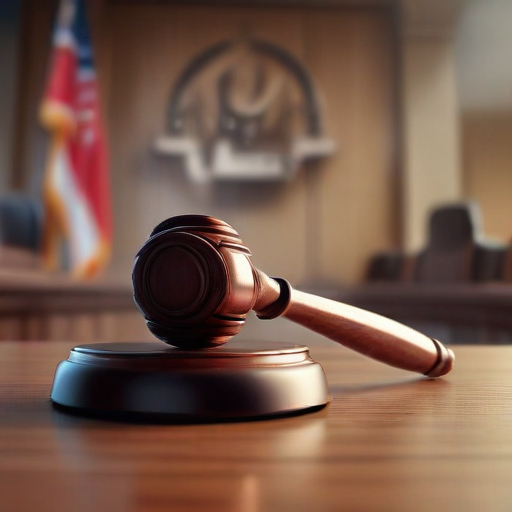A federal appeals court has upheld a law that could pave the way for a ban on TikTok in the United States within months, resulting in a significant setback for the popular social media platform. The U.S. Court of Appeals for the District of Columbia Circuit ruled that the law, which mandates TikTok to sever ties with its China-based parent company ByteDance or face a ban by mid-January, aligns with constitutional guidelines.
The court emphasized that the law aims to protect the First Amendment rights of Americans by limiting potential data collection by a foreign adversary. In their opinion, the justices stated, “The Government acted solely to protect that freedom from a foreign adversary nation.”
TikTok, along with ByteDance, plans to appeal the ruling to the Supreme Court. Meanwhile, President-elect Donald Trump, during his recent campaign, seemed to distance himself from a TikTok ban, promising to “save” the platform. This stance contrasts with his initial efforts to impose a ban during his previous term.
Signed by President Joe Biden in April, the law culminates a long-standing debate in Washington regarding TikTok, which is viewed as a potential national security threat due to its China links. U.S. concerns center around TikTok’s ability to harvest vast amounts of user data, which could potentially be accessed by the Chinese government. Lawmakers also fear that the algorithm that determines user content could be influenced by Chinese authorities.
Despite TikTok’s claims that it has not shared any user data with the Chinese government, and has invested over $2 billion to enhance user data protection, the government points to unspecified actions that it asserts were taken under pressure from Chinese authorities. The court’s decision comes after a lengthy hearing where judges questioned the implications for free speech rights and national security.
TikTok’s legal team argues that the government has not substantiated its claims, and that the law hinges on hypothetical future risks. Some legal experts point out that the case raises important questions regarding the balance between foreign ownership and constitutional rights.
Notably, some investors including Trump’s former Treasury Secretary, Steven Mnuchin, have shown interest in acquiring TikTok’s U.S. operations, indicating a potential path forward for the company despite these legal challenges.
As the legal battle unfolds, this situation highlights ongoing tensions between national security and the rights of private enterprises, reflecting the complexities of operating a globally rooted platform in a foreign landscape. It showcases the rapidly changing dynamics in technology, data security, and international relationships, leaving many to speculate about the future of TikTok in the U.S. while also emphasizing the importance of robust negotiation and regulatory frameworks.
Ultimately, this ruling represents just one chapter in a larger narrative surrounding digital privacy and international influence, raising important questions about the regulation of global technology platforms in an era where information security is paramount.
